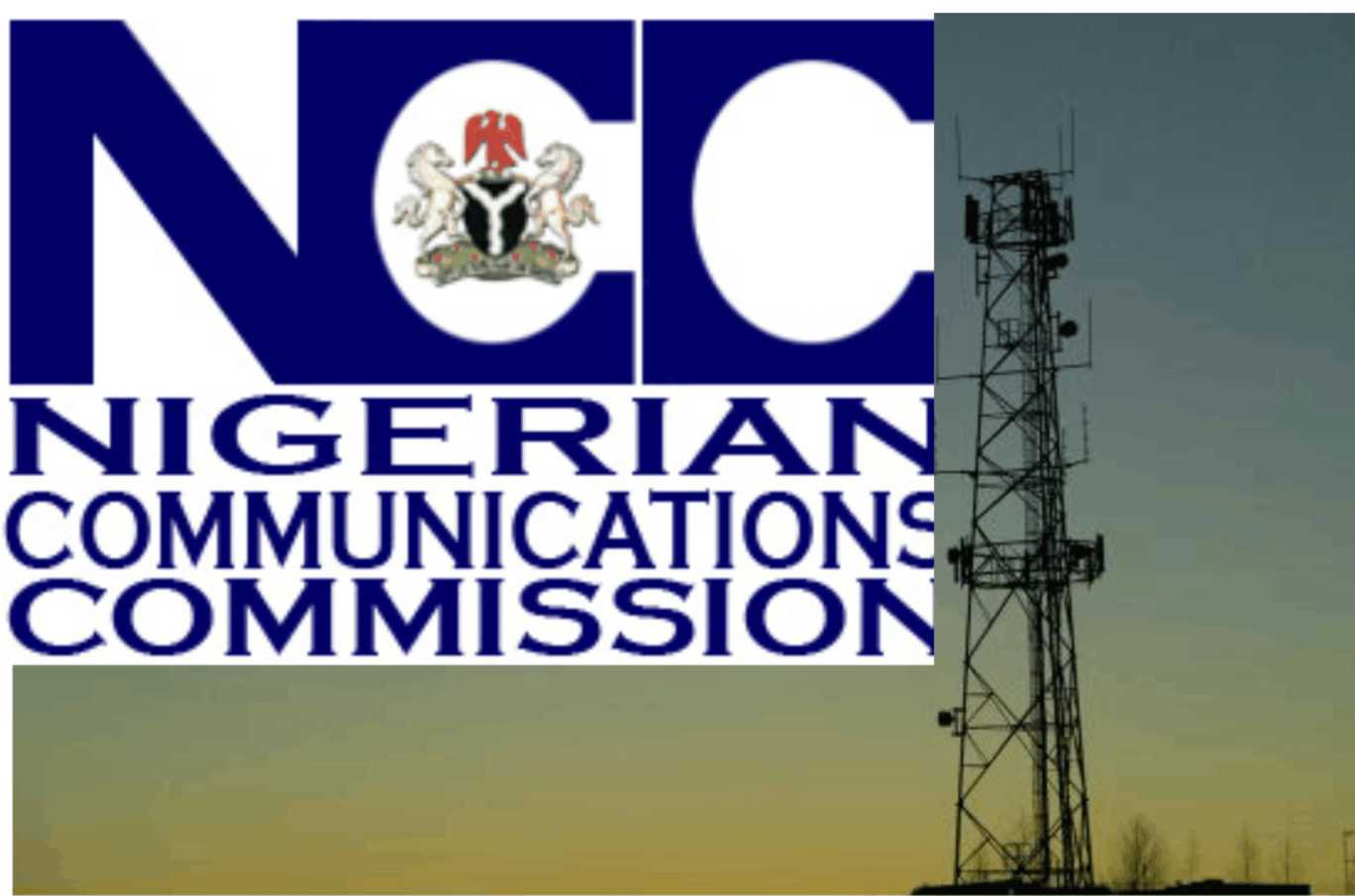That some groups of investors or individuals had put their money in the Nigerian telecom sector against all odds, even at a time when the future held no iota of promise, is indeed a commendable effort, and obviously, the market has and is also rewarding them in turn with revenues.
But when telecom operators—all in the name of doing competitive business—begin to flagrantly disobey their regulator and always find themselves at the wrong side of the law, there is need for serious caution.
In the last few years, the words ‘fine’ and ‘sanction’ have become synonymous with the Nigerian telecom sector, not because the regulator, the Nigerian Communications Commission (NCC) takes punitive measures as a hobby, but because the industry players have suddenly become the stubborn children that continue to break the rules of their parent, even when they know they will be punished for such actions.
In the past, it was not uncommon for operators to incur the wrath of the regulator due to their inability to meet up with quality of service parameters set by the industry umpire, which often resulted in poor experience for the subscribers. But even in those cases, the subscribers empathised with the telcos, knowing that poor quality of service cannot be their fault entirely given the prevailing challenges in the operating environment, such as base transmission stations being shut down. That notwithstanding, the operators have had to pay millions of Naira as fines for those infractions.
But the growing trend of brazen disregard for the industry’s rules of engagement and cases of non-compliance by the operators is becoming worrisome. In august this year, the NCC had imposed fines totalling N120.4 million on MTN Nigeria, Globacom, Airtel and Etisalat for failing to fully comply with the directive to deactivate pre-registered and defective SIM cards from their various networks.
Unfortunately, that was just a tip of the iceberg for what would later come as the biggest sanction in the Nigerian telecom history. By late October, the regulator announced an unprecedented fine of N1.04 trillion, ($5.3 billion) against MTN Nigeria, a development that shook not only the Nigerian telecom sector, but also the Johannesburg Stock Exchange, where the shares of the MTN Group are quoted.
While many were amazed at the rationale behind such ‘outrageous’ fine, the regulator soon came out with the details that justified the penalty. NCC said it sanctioned the telecommunications giant based on security reasons following its failure to deactivate 5.2 million unregistered SIM cards. According to the Commission: “The fine was a result of violation of Section 20(1) of the Registration of Telephone Subscribers Regulation of 2011. “Section 20 (1) of Registration of Telephone Subscribers Regulations 2011 states that: ‘Any licensee who activates or fails to deactivate a subscription medium in violation of any provision of these Regulations is liable to a penalty of N200,000.00 for each unregistered but activated subscription medium.” “Consequent upon the overwhelming evidence of non-compliance, and obvious disregard to the rule of engagement by MTN, the NCC had no choice but to impose the sanctions,” the regulator added. And MTN itself is said to have acknowledged it erred on the side of law and pleaded for leniency.
But that was not all; just a few days back, the regulator had again found three of the four GSM operators wanting, this time in the number porting process. According to the regulator, MTN Nigeria, Globacom and Etisalat had violated the Mobile Number Portability (MNP) rule regarding “validation and deactivation responses’, which have timelines of two hours and an hour respectively,”. But the operators were lucky to have escaped with a warning this time.
For an industry that has grown to attract the global attention as one of the fastest growing markets in the world, these are definitely not the ways to sustain the growth. Competition and the quest to boost revenue should not be at the expense of best standard practice with non-compliance to the rules of engagement as a norm. The telcos should know that even while they might be able to pay the price of breaking the laws, the ripple effect of their actions and inactions tell on the entire industry.
Therefore, they must be cautious of their actions in the course of their daily business such that they will not continue to be on the wrong side of the law and incur the wrath of the regulator. An industry gets vibrant and grows faster where everybody learns to play by the rules and that is where the regulator and the operators become best of friends.
Though there are still challenges in the industry, the best way is for the players to co-operate and work together with the regulator to find lasing solutions, not working at crossroads. And that is the only way to sustain the growth the industry has witnessed over the years for the good of all stakeholders.

